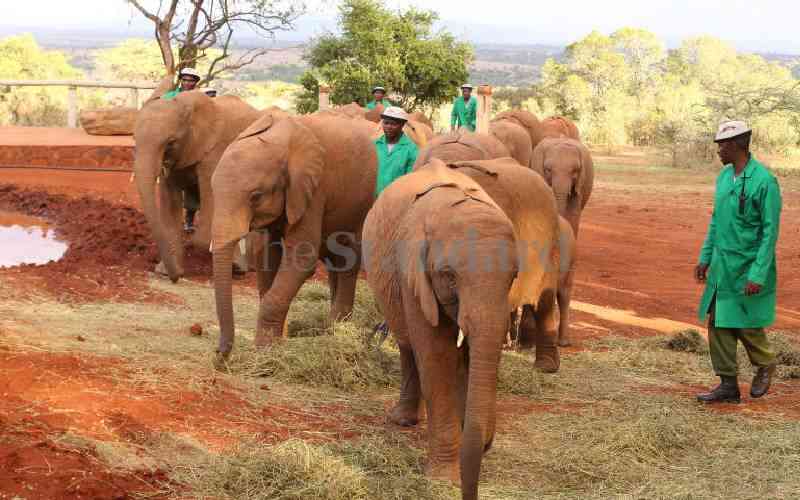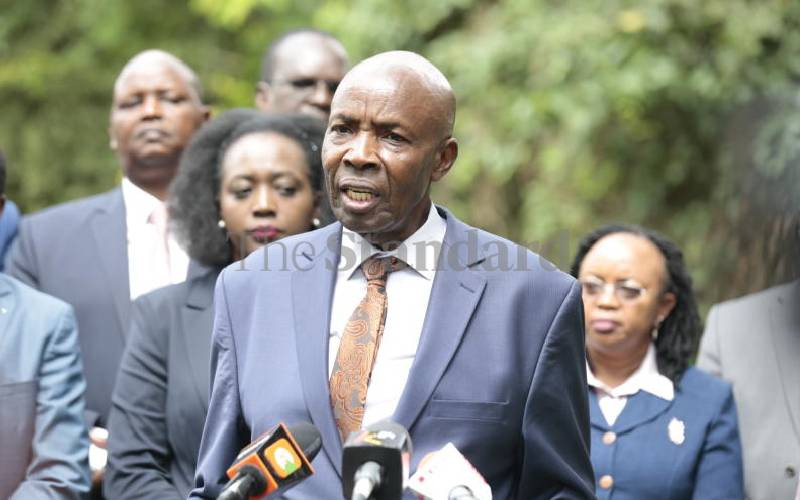How many people do you know who have made money from the Nairobi Securities Exchange? I know several. But I also know more who tried their best to milk the NSE cow but ended up with barely a trickle of returns on their investments. To them, I would point to trees for investment lessons.
When you plant a tree, you can’t cut corners for it to grow rapidly. Beyond nurturing it with water and needful soil nutrients, there is little you can do to urge it upward. But if you are patient enough, you will be climbing that tree in a few years time or in case of Bamboo possibly a year.
Confucius captured this phenomenon beautifully when he said that, “If your plan is for one year plant rice. If your plan is for ten years plant trees. If your plan is for one hundred years educate children.”
When it comes to green principles in investment, the chord that Confucius is talking about is jointly critical in auditing the sustainability of respective public companies in the stock market and private ventures. Make investments that secure both the next week and the next decade. But this can be an exercise in futility if you don’t secure the next generation through unending mentorship at all levels.
Indeed, when we plant rice, trees and education in our investments, returns can be optimal. While it is crystal clear which companies on the Nairobi Securities Exchange are making profits or losses, hence informing investment decisions, it is less clear which companies are operating sustainably and contributing to sustainability.
In the US, the Dow Jones Sustainability Indices was launched in 1999 to evaluate sustainability performance of hundreds of listed companies. The domino effect of this is that respective companies end up developing their own sustainability indices to retain a competitive edge when it comes to sustainability.
Sustainability indices push listed companies towards the sustainable path, not just for corporate social responsibility, but as a foundation for enduring profitability.
It is time we planted sustainability education both in the NSE and in the hard working Kenyans who invest there. That will secure these public companies for the next generation through profits that replenish both the natural and social capitals instead of depleting them.
Green bonds constitute a critical tool for sustainability-oriented investment. Financiers should embrace the green bonds approach because it will potentially leave them with healthier bottom lines. Essentially, proceeds from green bonds are earmarked for sustainability ventures. This opens the gates of much needed capital to sustainability ventures that are equally if not more profitable than mainstream ventures. Last year, $36.6 billion was issued into the green bond market globally, triple the amount of the preceding year. The tide is indeed turning towards green investments. Kenya should ride the crest of this green wave.
Think green, act green!
The writer is the founder and chairperson, Green Africa Foundation and runs a blog on conservatio —www.isaackalua.com
 The Standard Group Plc is a
multi-media organization with investments in media platforms spanning newspaper
print operations, television, radio broadcasting, digital and online services. The
Standard Group is recognized as a leading multi-media house in Kenya with a key
influence in matters of national and international interest.
The Standard Group Plc is a
multi-media organization with investments in media platforms spanning newspaper
print operations, television, radio broadcasting, digital and online services. The
Standard Group is recognized as a leading multi-media house in Kenya with a key
influence in matters of national and international interest.
 The Standard Group Plc is a
multi-media organization with investments in media platforms spanning newspaper
print operations, television, radio broadcasting, digital and online services. The
Standard Group is recognized as a leading multi-media house in Kenya with a key
influence in matters of national and international interest.
The Standard Group Plc is a
multi-media organization with investments in media platforms spanning newspaper
print operations, television, radio broadcasting, digital and online services. The
Standard Group is recognized as a leading multi-media house in Kenya with a key
influence in matters of national and international interest.









